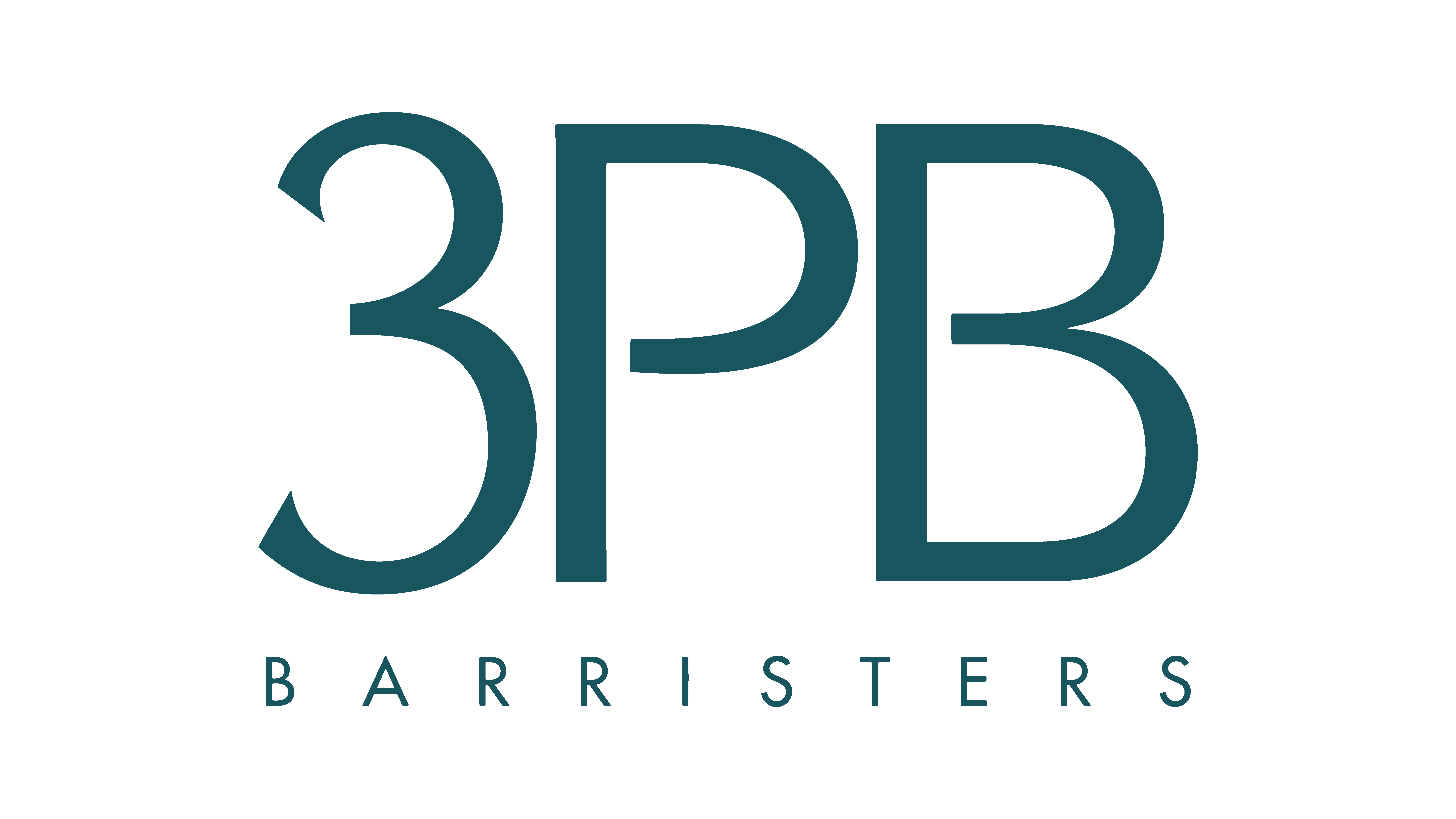Knowledge Hub
Join the Conversation!
Impartial and independent, ThoughtLeaders4 Disputes Knowledge Hub hosts cutting edge industry content and insight.
Email maddi@thoughtleaders4.com to submit content.
The Surge In Contentious Probate Cases and the Current Legal Landscape
Date: 07/03/2024 Type: Articles Topic: Private Client | Trusts | Wills and Estates | Inheritance | Next Generation Wealth | Investment and HNWI’s | Tax |The number of inheritance disputes in England and Wales has risen dramatically in recent years, with a recent report from The Guardian (February 2024) citing that as many as 10,000 people were disputing wills annually. The Ministry of Justice has reported 140% increase in court cases in this area in the past decade with 195 cases heard in 2021-22 alone. The vast majority of these cases are in fact settled prior to being heard before a judge. This is reflective of the fact that these cases can often incur considerable costs on all sides and risk depletion of the very estate that is being argued over. This is in addition to the emotional impact on those involved in circumstances where such disputes can crystallise years of complicated and sensitive family history and dynamics.
The most commonly brought claims are brought under the 1975 Inheritance (Provision for Family and Dependants) Act 1975 (Inheritance Act 1975) which allows disappointed beneficiaries to make a claim for a ‘fairer’ distribution of the deceased’s estate when evidence is put forward that they have not been adequately provided for either under a will or the intestacy rules. The categories as defined by the Inheritance Act 1975 cater to a degree for the prevalence in second families, higher rates of divorce, non-married couples and modern family structures with claims frequently brought by current and former spouses, children, grandchildren and step-children and step-grandchildren. The more salacious and high value cases are often covered in the media and it is possible that in part that the rise in such claims is subject to the so called “Daily Mail effect”.
There is also seemingly more to argue over than ever before. HMRC recorded £7.5bn in inheritance tax receipts this financial year, its highest ever sum. The current ‘baby boomer’ generation are more property/asset rich than any other generation. The UK House Price Index in January 2023 reported that the average UK house price was £290,000. In 1980 this figure was just £20,897. There are more significant disputes now to be had over valuable real estate, which is undoubtedly a factor to weigh up when considering whether to make a challenge. In addition to what may feel an inherent sense of misjustice, many putative claimants in this area are living in a much harsher financial environment and have a sense of entitlement rightly or wrongly (or the many shades of grey in between).
There has also been an increase in claims that wills have not been properly drafted, not least because of the increase in ‘DIY’ will packs and of course, the execution of wills via video link during the Covid-19 pandemic, temporary legislation that was extended until 31 January 2024 but which is now no longer in force. Similarly, there has been a rise in claims made on the basis of undue influence and lack of capacity which reflects not just the UK’s aging population but the staggering rise in the rate of dementia onset (reported by the Lancet in November 2023). Sadly, this increases the risk of financial abuse taking place which can have an impact even beyond a victim’s lifetime.
It is a fact that the legal landscape has not yet caught up with this myriad of societal changes. It is also true that by their very nature, the facts and circumstances of these cases by their very nature go beyond the mere financial. Parties are hugely emotionally invested in the outcome of any dispute and legal practitioners must navigate numerous issues that may not even fall within the parameters of the actual dispute.
The process of bringing a claim related to an inheritance dispute can be slow, not least because of the widely reported probate application delays of up to a year and court delays specific to the probate registry. The government has recently outlined the measures that the Ministry of Justice is taking to expedite the probate process to a 16 week target. In the interim there is of course scope for involved parties to dwell on matters, provide further instructions and undertake further investigations.
The obvious answer to avoiding these claims is for individuals to ensure that, particularly where they have an estate likely to be of some value, a will is made alongside a Letter of Wishes or other clear documentary evidence of their instructions and wishes recorded. The ideal situation is that their family and other relevant parties are fully aware of these intentions and wishes and the reasons behind them, particularly where there is scope for a potential dispute. It is also important that such steps are taken before any doubts could be raised about an individual’s mental capacity and the use of a Lasting Power of Attorney, reviewed at regular intervals can be a vital legal tool. As with all legal disputes, hindsight is a wonderful thing, but foresight is better.
In a perfect world, which none of us live in, there should be less of these claims but to an extent there is a degree of inevitability that such claims will arise. Never has it been more important for practitioners in this field to recognise the prevalent issues and act accordingly and fully engage with the principle of proportionality and reasonableness in dealing with these disputes. Settlement efforts can often be thwarted by deep rooted distrust between the parties and the resulting legal bill can be significant. Pyrrhic victories in this field are not uncommon. Whatever argument there may be over the deceased’s testamentary intentions, it is highly unlikely that anyone has ever thought that they would like a significant portion of their estate to be paid to litigation lawyers. The number of firms offering contentious probate services has substantially increased and with that comes a responsibility to bear this in mind alongside their client’s best interests.
For further advice and assistance with probate issues, please contact Martha Allen, Senior Solicitor, Hill Dickinson LLP (martha.allen@hilldickinson.com).
Author
Martha Allen - Hill Dickinson LLP
Our Disputes Corporate Partners























